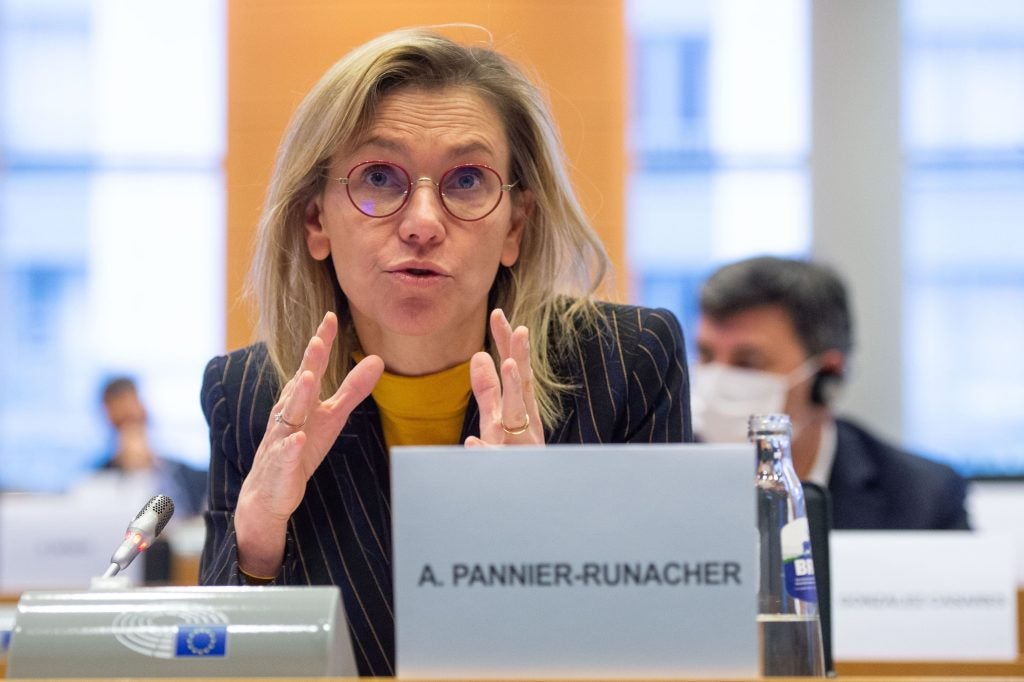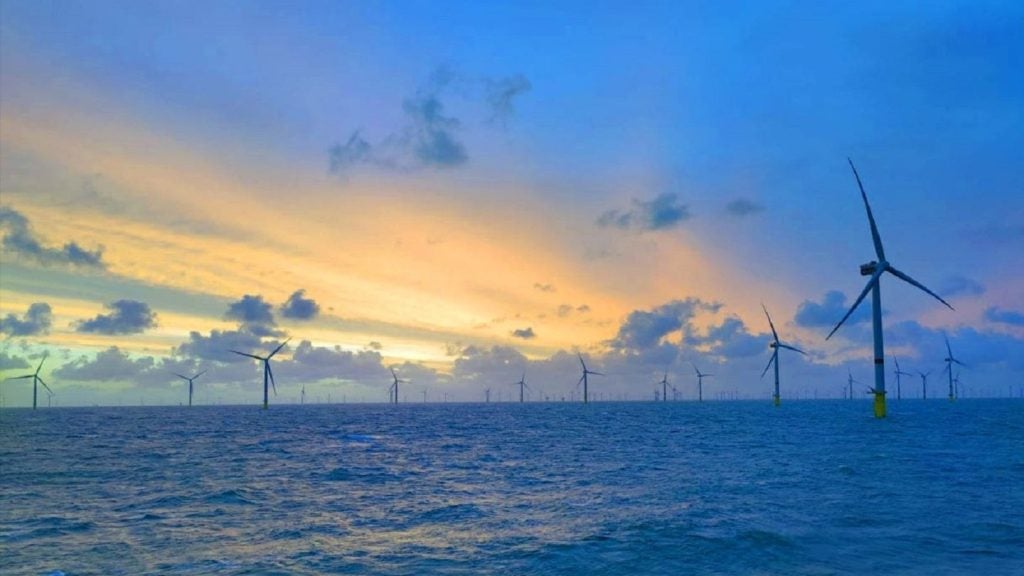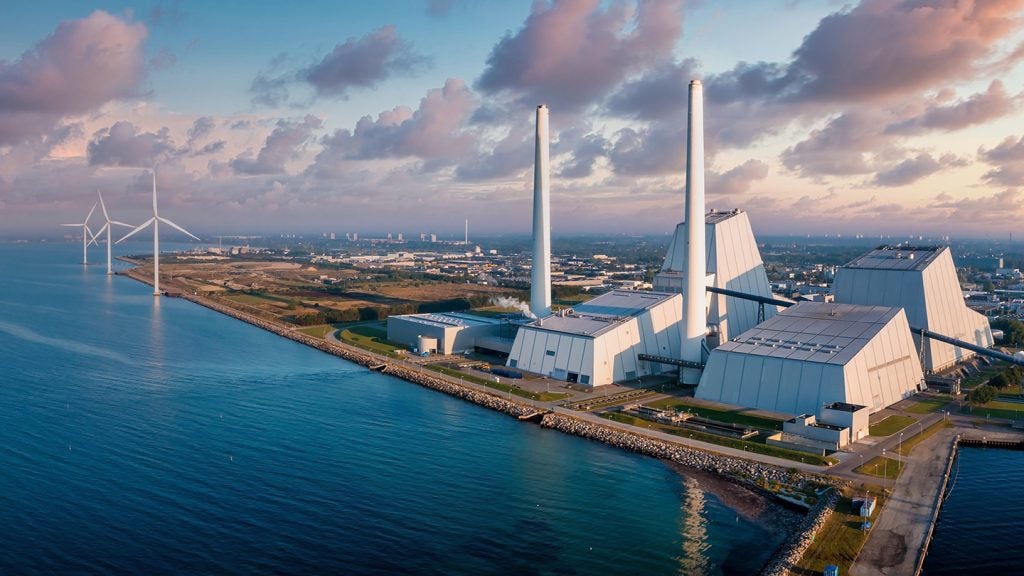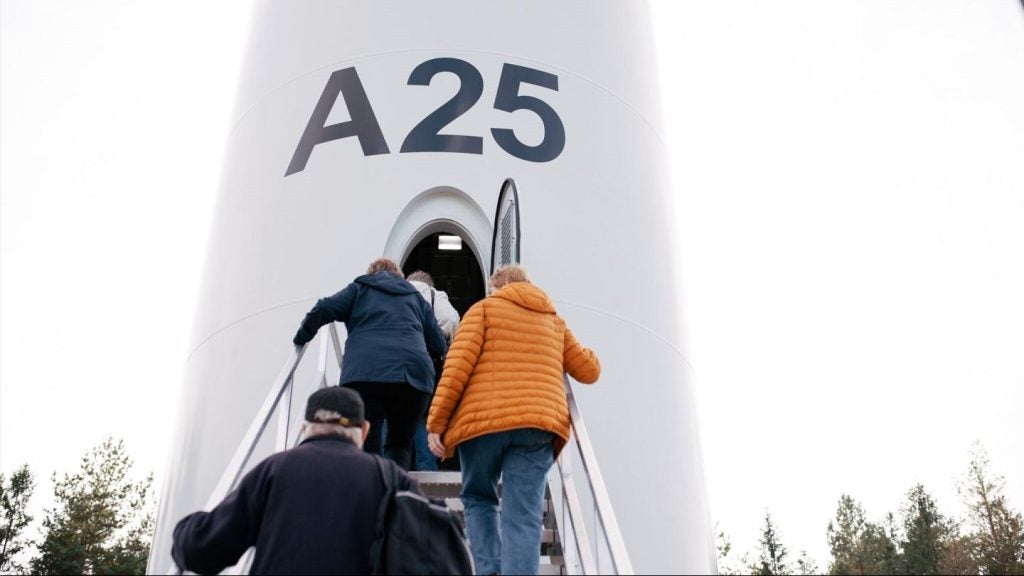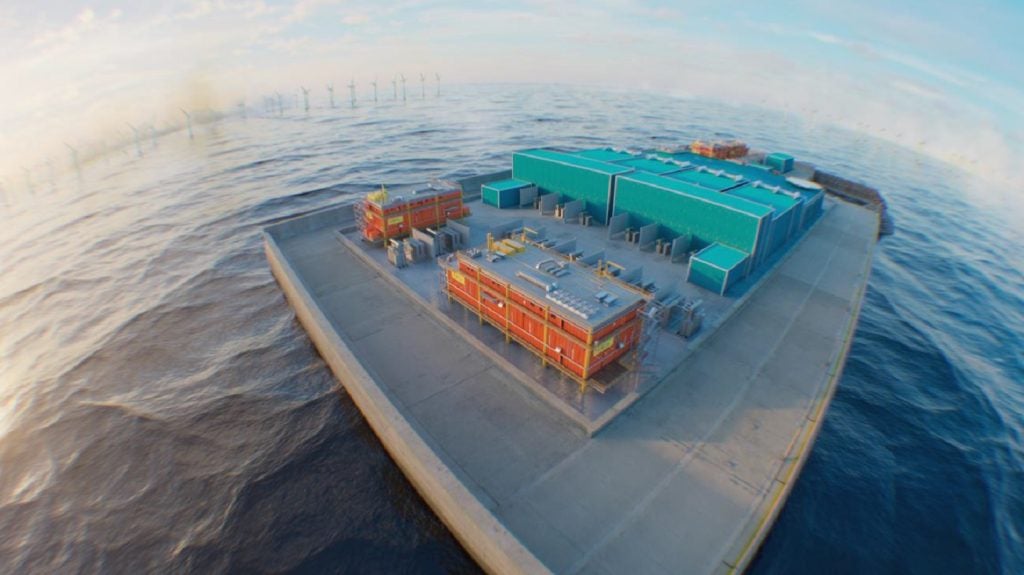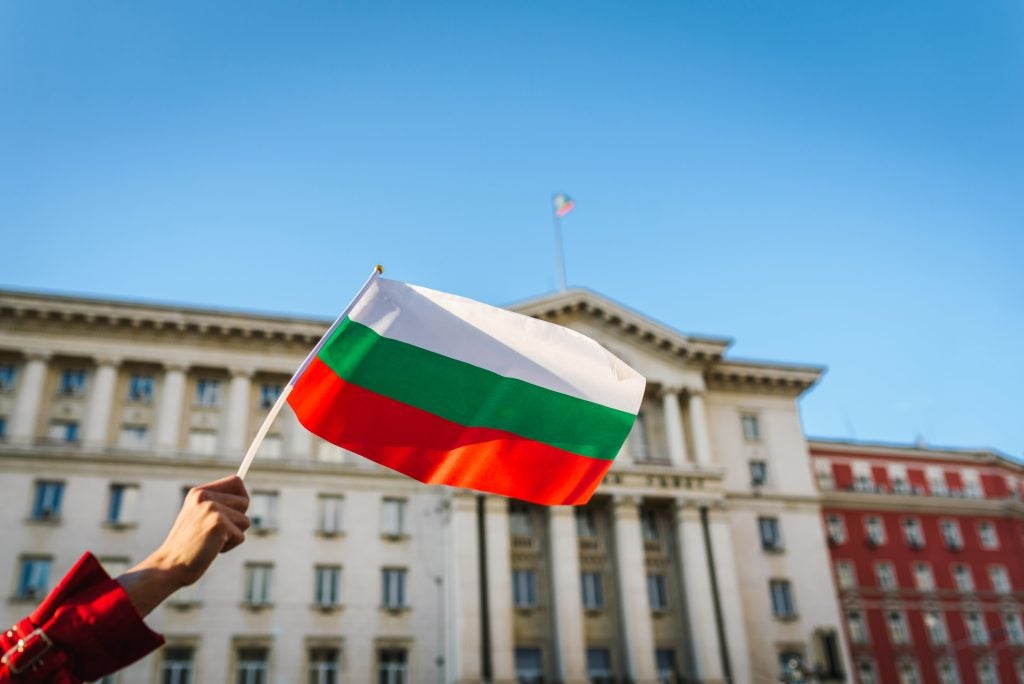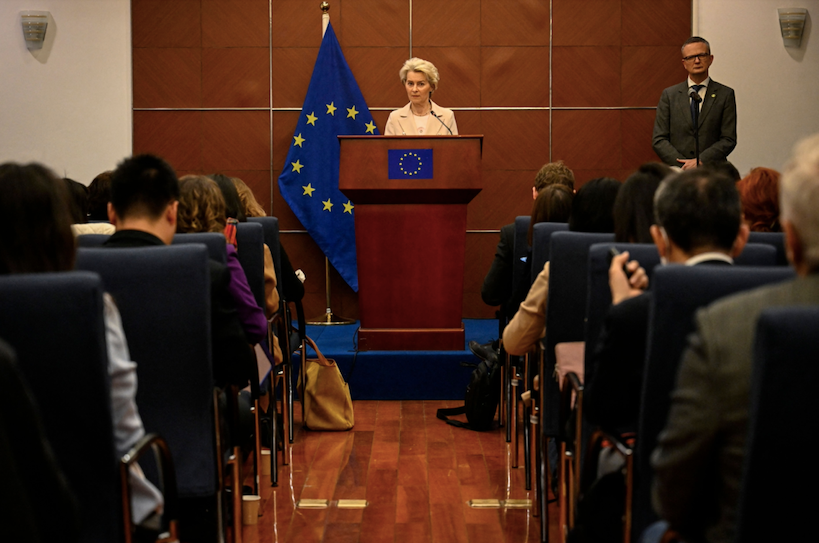Future investments by French state-owned nuclear giant EDF could exceed €20bn ($20.93bn) per year, the country’s Energy Transition Minister Agnès Pannier-Runacher said on Thursday.
“What we are talking about… for EDF is investments which could reach… more than €20bn per year,” Pannier-Runacher said at a nuclear conference organised by the OECD. “There is a discussion about whether it is 20 [billion] or whether it is more,” she added.
In July, EDF CEO Luc Remont told the French National Assembly’s Economic Affairs Committee that the company would need upwards of €25bn per year to keep its assets in shape. "Never before in history has the EDF Group had to invest so much in several areas at the same time," he added.
The company needs billions in investment to maintain its ageing nuclear fleets in France and elsewhere, as well as to build new reactors. France’s government has previously announced plans to build at least six new-model nuclear reactors to support the country’s energy supply, which could cost approximately €3bn each.
“It is not a financial challenge, it is an industrial challenge,” Pannier-Runacher said, adding that the planned financing schemes, such as contracts for difference or a regulated asset base, were similar to those in other countries.
EDF posted a record net loss for 2022 after stress corrosion and other damage put almost half of its fleet out of action, causing a significant decline in electricity output across the country. Project delays and tariff caps on energy prices set by the government also hindered profits.
Last year, the French Government announced plans to fully nationalise the nuclear major in an effort to secure energy supply and stabilise the company’s debt problems. A full takeover was finalised in June.
EDF and the government are currently in talks about new regulations to allow investment in new projects while also protecting consumers from excessive energy prices. One of the potential measures could be a cap on EDF revenue. French President Emmanuel Macron recently announced the government’s plan to “regain control of the price of electricity” as a part of a law by the end of this year but did not specify how this will be achieved.


